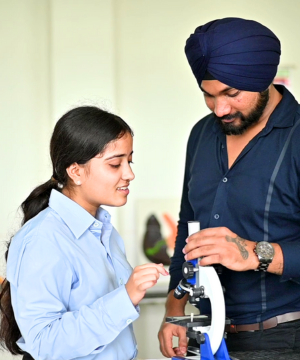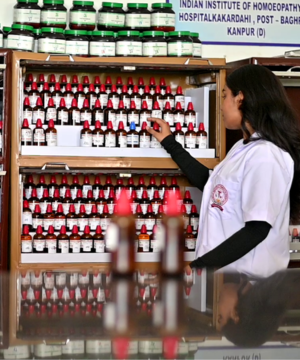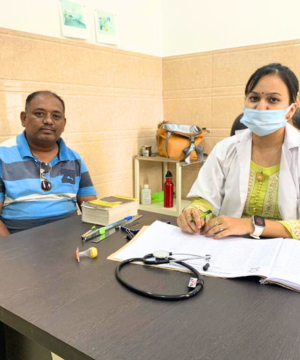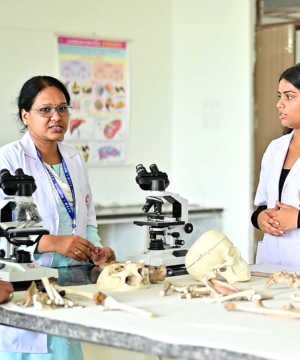The Department of Repertory is a specialized branch of homeopathic medicine that focuses on the use and study of repertories, which are comprehensive indexes of symptoms and their corresponding remedies. This department is essential for training homeopathic practitioners in the systematic selection of remedies based on patient symptoms, ensuring effective and individualized treatment.
In homeopathy, a repertory is a tool that assists practitioners in finding the most appropriate remedy for a patient's specific set of symptoms. The Department of Repertory educates students on how to effectively utilize these repertories, interpret their information, and apply it in clinical practice.
Key Areas of Focus
Educational Objectives
Curriculum and Teaching Methods
Faculty and Resources
Importance in Homeopathic Education
The Department of Repertory is essential for training competent homeopathic practitioners who can systematically and accurately select remedies for their patients. Mastery of repertory techniques ensures that practitioners can provide individualized and effective homeopathic treatment.
By integrating theoretical knowledge with practical experience, the Department of Repertory prepares students to handle complex cases and enhance their clinical practice. This comprehensive training is crucial for the advancement of homeopathy and the delivery of high-quality patient care.




Whether you’re considering a foundation course or an undergraduate academics is a place.
View AllCopyright © 2024 All Rights Reserved by Indian Institute Of Homoeopathy & Hospital